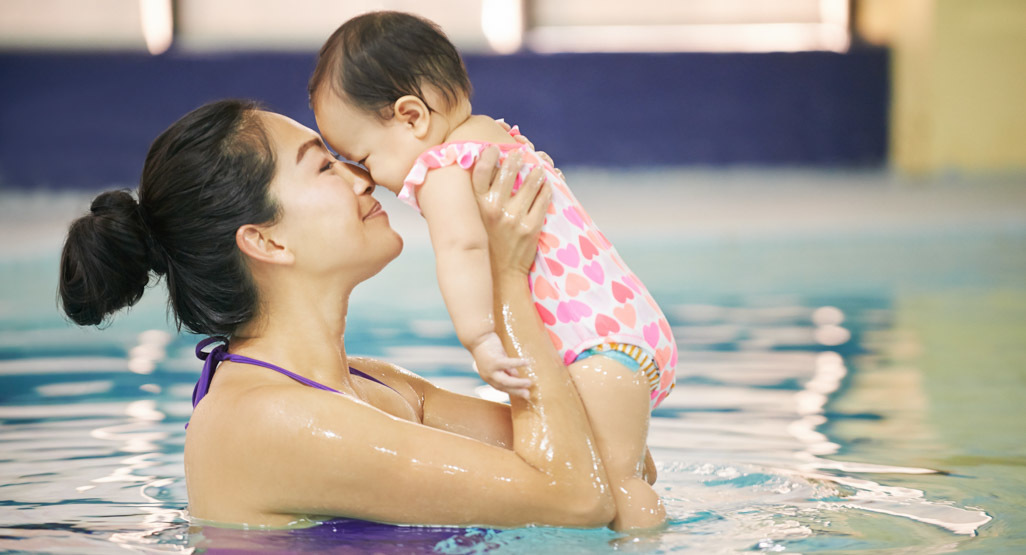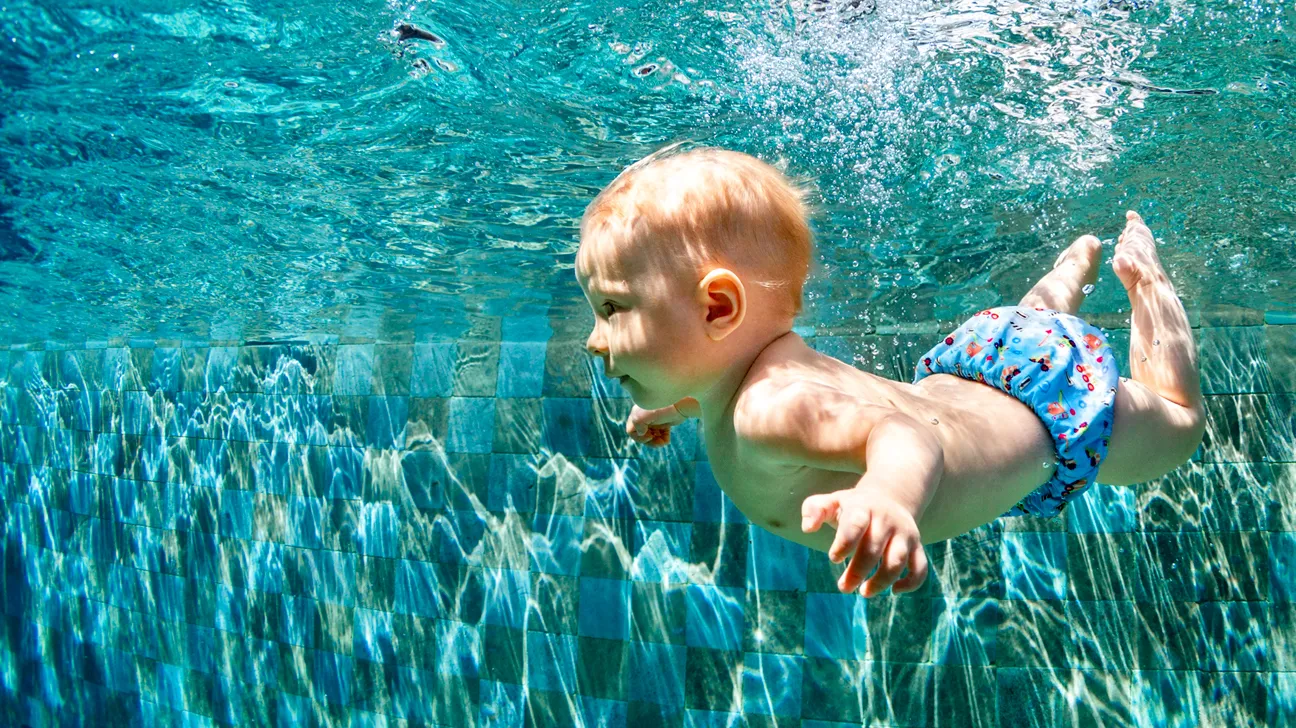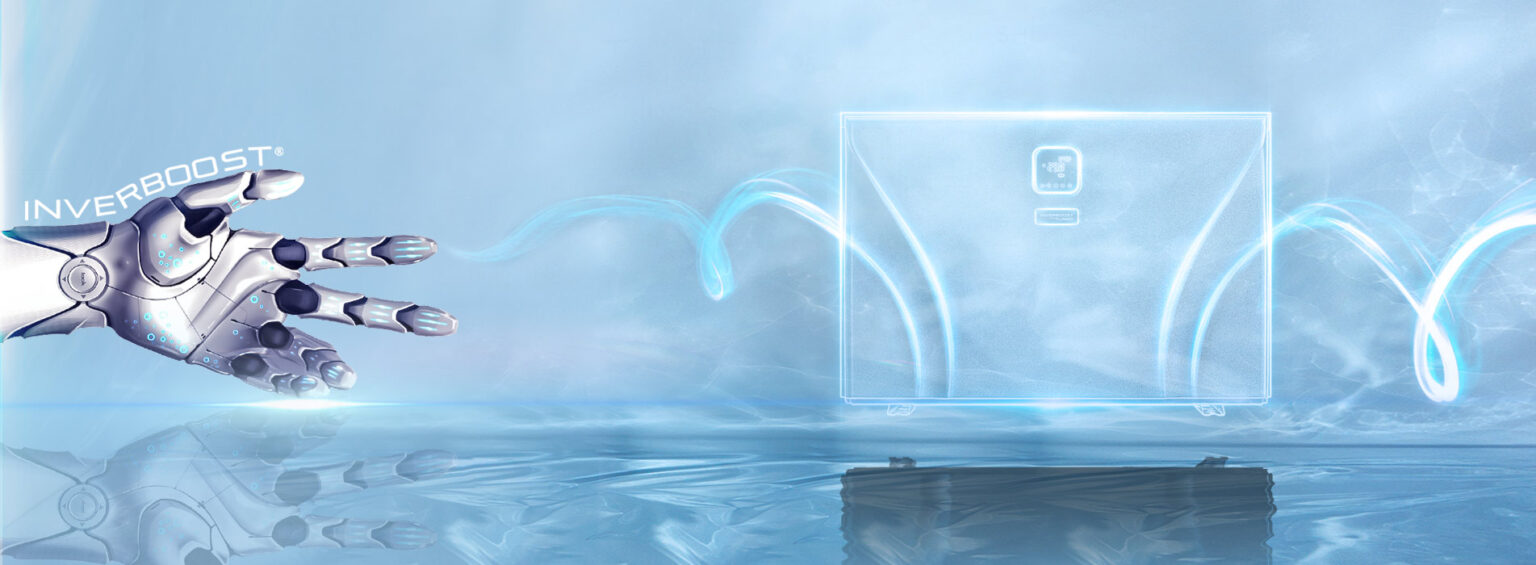Swimming is The Natural Ability of baby
Come With two intelligent baby swimming reflexes: the swimming reflex and the dive reflex. The former means the baby moves their arms and legs in a swimming motion when supported in the water with tummy-side down; the second means your baby can hold their breath and open their eyes underwater.
You may have heard a popular myth that babies are born with the ability to swim. This isn’t true, though newborns have reflexes that can make it look like they’re swimming.
A reflex called the bradycardic response (also called the diving reflex) makes babies hold their breath and open their eyes when submerged in water. (You can cause this same reaction by blowing in your baby’s face.) This reflex starts to go away after six months but may last for up to a year.
Many baby swim classes rely on these reflexes to help babies “swim,” but babies aren’t old enough to hold their breath intentionally or strong enough to keep their heads above water. They won’t be developmentally ready to learn how to swim until they’re older.
Even though your baby can’t swim yet, you can bring them into the water with you once they’re about 6 months old. Some babies really enjoy getting in the water, so feel free to make playing in the pool or splashing in a lake or river a family affair. Just make sure to put your baby in a well-fitting infant life jacket anytime they’re near water or on a boat.

These reflexes are strongest in the first six months of babies. And the NHS advises you can take your baby swimming any time after their immunization is fine– so it’s never too early to get them into the pool, as long as the pool water is warm enough (above 30˚C for a baby older than 12 weeks and heavier than 12lbs, 32˚C for the baby if he is younger or smaller).
Baby swimming originally is out of a desire to ensure they were safe and confident in the water. However, the exercises used to teach the confidence – reaching for objects, gentle rocking, kicking movements, and learning to respond to commands, also provide stimulations for your baby’s brain.
In the first year of their born, the brain develops more quickly than at any other age, and swimming with your baby will have an extremely positive effect on their brain development – even more reasons to take your babies to the water as early as possible.
Development of Motor Skills for Swimming

Babies love the movement of bouncing and splashing in the pool, and this movement provides fantastic stimulation for the vestibular system, which allows us to sense motion and balance.
As this system matures, it will help a baby to keep their head upright, pull themselves up onto their feet, balance, and eventually walk.
Chasing after bright toys in the pool, and grasping them to bring them closer for a good old chew, is a great exercise for enhancing hand-eye coordination. This teaches both sides of the brain to work together, not only helping to coordinate physical movements but also strengthening nerve pathways between, helping the brain store and receive information more effectively – all great for learning!
One study recently carried out in Iceland (in this country baby swimming is extremely popular in the country’s thermal pools) concluded that tested at the age of four, children who had baby swimming lessons from a young age showed significantly better balance than others.
Just half an hour in the pool can provide a good work-out for them and they eat and sleep better on the days when they go swimming. Babies can exercise more muscles in the water than on land and can swim short distances unaided by you.
But small babies can only swim in a temperature around 30 degrees, a warm pool is a condition. so a pool heat pump will offer a comfortable temperature for you and your baby and enjoy swimming anytime. Zealux is a good solution for you, come to visit our website. www. Zealux.com, find the one you like.



